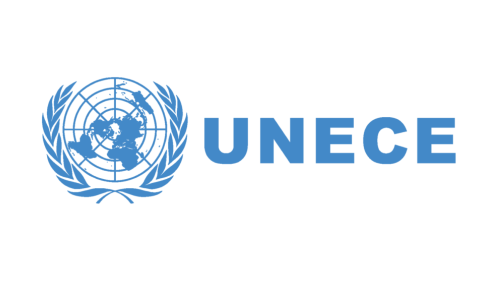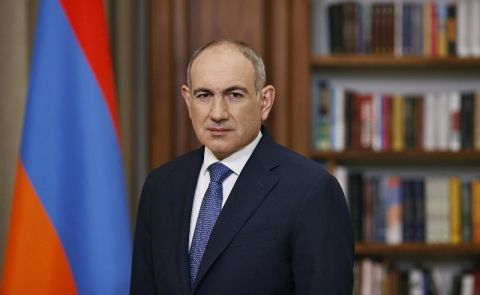
Georgian Prime Minister Participates in Antalya Diplomacy Forum, Emphasizes Peace and Economic Diplomacy
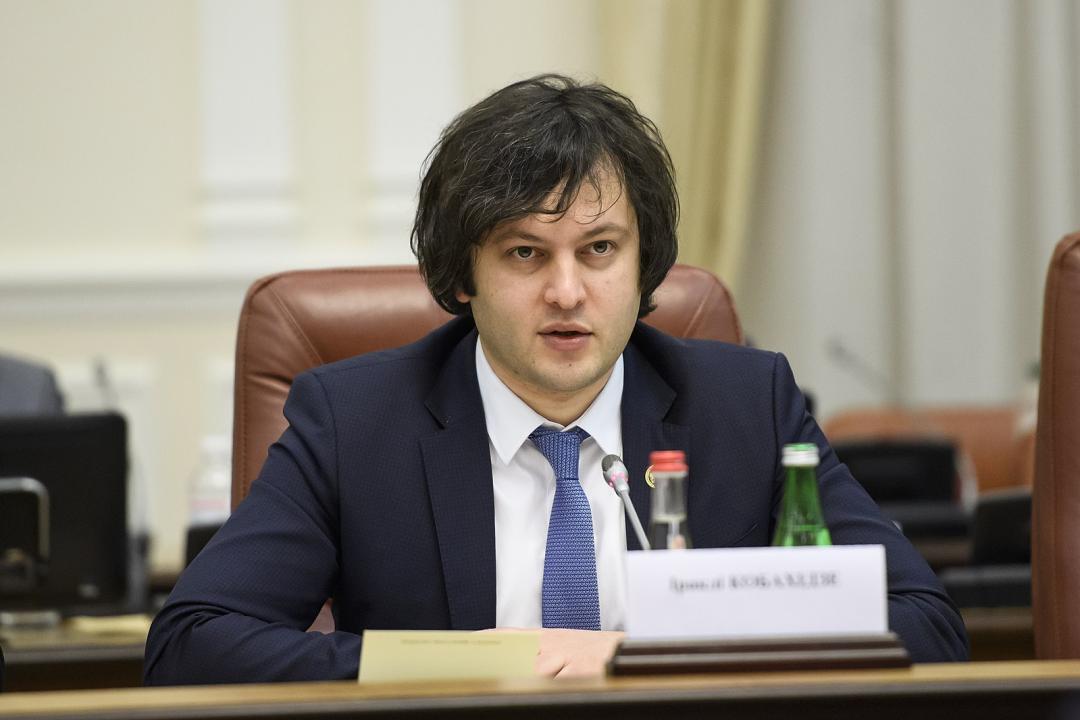
Georgian Dream (GD) Prime Minister Irakli Kobakhidze attended the Antalya Diplomacy Forum in Turkey from April 11 to 13. During the event, he participated in a panel discussion and held high-level bilateral meetings, including one with Azerbaijani President Ilham Aliyev. On April 12, Kobakhidze also met Hungarian Prime Minister Viktor Orbán, Council of Europe Secretary General Alain Berset, and Turkish President Recep Tayyip Erdoğan. GD Foreign Minister Maka Botchorishvili was also present, engaging with representatives from various countries and international organizations, including the OSCE.
Speaking at a panel titled “Search for Partnerships in the Era of Multi-polarization,” Kobakhidze argued that the emergence of a multipolar global order presents both risks and opportunities, particularly for smaller states like Georgia. He emphasized the government’s focus on trade and economic diplomacy, noting that Georgia currently maintains free trade agreements with approximately 50 countries. According to Kobakhidze, fostering global economic ties is a cornerstone of GD’s foreign policy agenda.
Highlighting Georgia’s economic progress, Kobakhidze noted that the country has achieved an average economic growth rate of 9.4% since 2021—an accomplishment he claimed is unmatched in Europe. He reiterated Georgia’s historical role as a bridge between East and West, underscoring that sustained peace is the foundation for this connectivity and development.
Peace was a central theme in the Prime Minister’s remarks. He praised Turkey’s role in promoting regional stability and emphasized that Georgia is working closely with Ankara to maintain peace. “Georgia has always contributed positively to regional peace in the South Caucasus,” he stated.
While acknowledging the unresolved conflict involving the occupied regions of Abkhazia and Tskhinvali, Kobakhidze reaffirmed GD’s “peaceful and pragmatic” approach to relations with Russia. Despite the absence of formal diplomatic ties, he highlighted that economic interactions between the two countries remain active.
Although Georgia’s path to EU accession has recently stalled, Kobakhidze insisted that EU membership remains a foreign policy priority for the GD government. He acknowledged the current challenges but expressed hope that regional peace would help accelerate the country’s integration process.
Reflecting on the outbreak of Russia’s war in Ukraine, Kobakhidze reiterated the GD narrative that Georgia faced pressure to join the conflict in early 2022. He argued that Georgia resisted this pressure to protect its national interests and maintain peace. “It was a political struggle, not one supported by diplomatic tools,” he said, portraying diplomacy as largely ineffective in the current geopolitical climate.
Kobakhidze described diplomacy as weakened amid today’s global instability. He noted that some Georgian ambassadors are effectively sidelined in countries where engagement has become “impossible.” Despite these challenges, he expressed optimism that diplomacy would regain its importance in a more peaceful world. “We are patiently waiting for the return of peace, when diplomacy can once again be effective,” he stated.
Kobakhidze met with Azerbaijani President Ilham Aliyev on April 11. Both leaders highlighted the positive trajectory of Georgia-Azerbaijan relations and reaffirmed their commitment to regional peace and cooperation. The Azerbaijani side emphasized the importance of resolving South Caucasus issues through regional dialogue and solidarity.
On April 12, Kobakhidze held discussions with Hungarian Prime Minister Viktor Orbán. The two leaders pledged to strengthen bilateral cooperation, focusing on energy diversification and regional stability. Orbán later noted on social media that Georgia and Hungary share strong strategic and cultural ties.
Kobakhidze also met with the Secretary General of the Council of Europe, Alain Berset, highlighting the importance of the organization’s support for Georgia’s democratic reforms and European aspirations.
His meeting with Turkish President Erdoğan focused on strengthening both bilateral and multilateral cooperation. Kobakhidze described the talks as productive, particularly on economic and security matters.
Foreign Minister Maka Botchorishvili also held several meetings with international counterparts, including foreign ministers from North Macedonia, Botswana, the Maldives, and Kuwait. She also met with OSCE Secretary General Feridun Sinirlioğlu and CICA Secretary General Kairat Sarybay.
Botchorishvili participated in a South Caucasus-focused panel alongside Armenian and Azerbaijani foreign ministers. In her meeting with Kuwait’s Foreign Minister Abdullah Al-Yahya, the two discussed expanding trade, tourism, and investment ties, including the establishment of a joint economic commission, and noted the growing number of Kuwaiti tourists visiting Georgia.
See Also

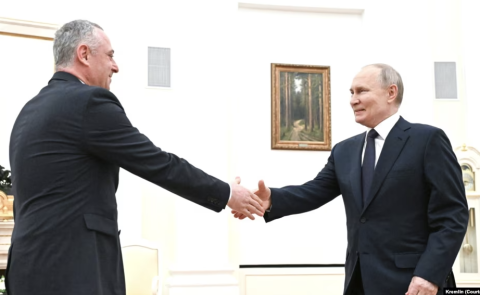
Abkhazia’s Separatist Leader Discusses Relations with Russia

CoE Commissioner Addresses the Georgian Government
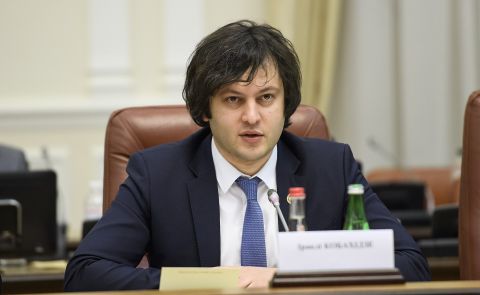
Kobakhidze Announces Plans to File Lawsuit to Ban the "Collective National Movement"
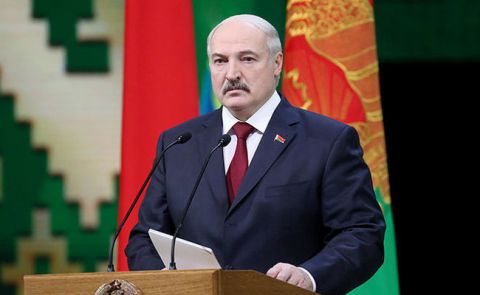
Belarus Affirms It Has Never Been an Adversary to Georgia
